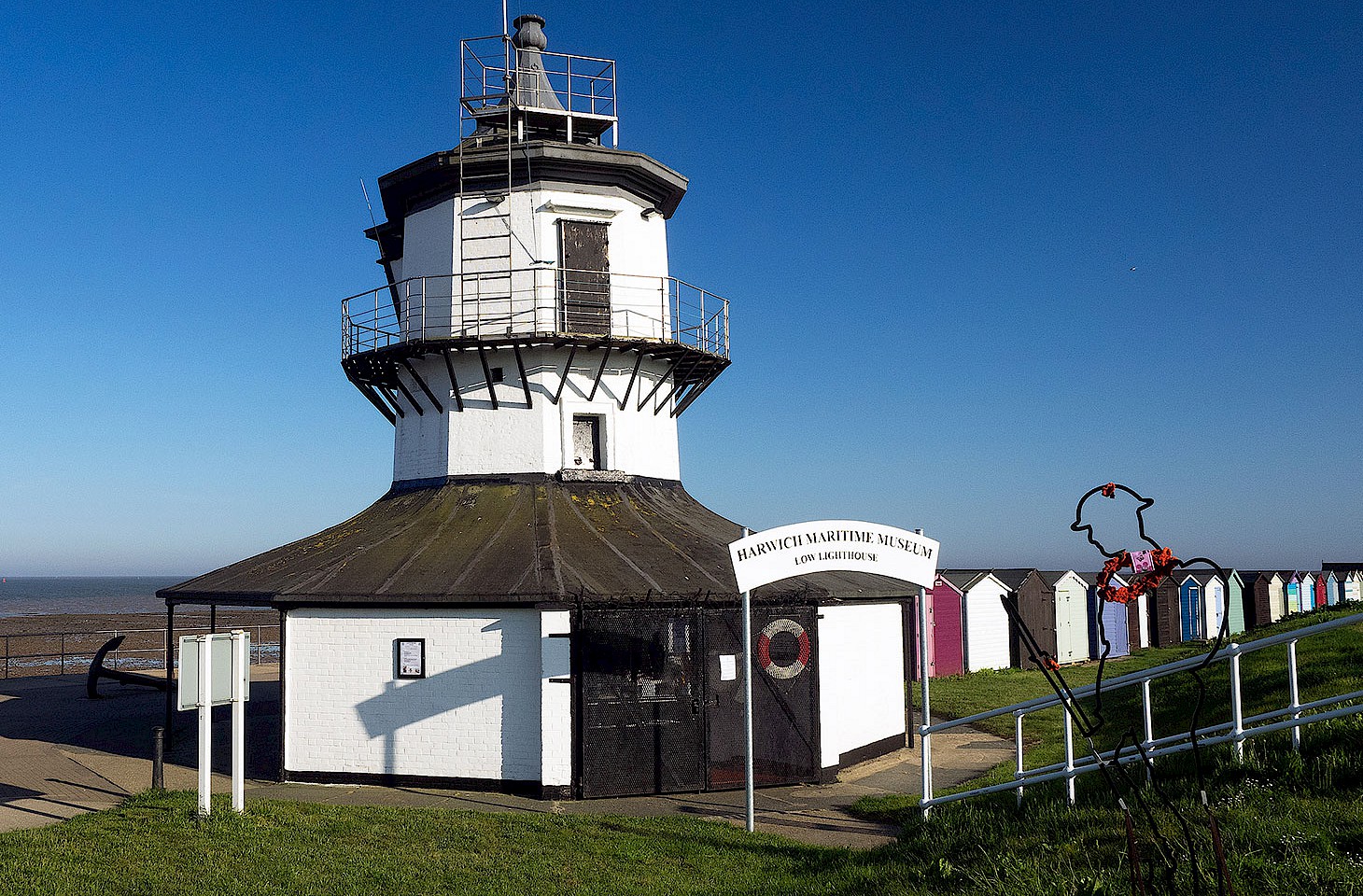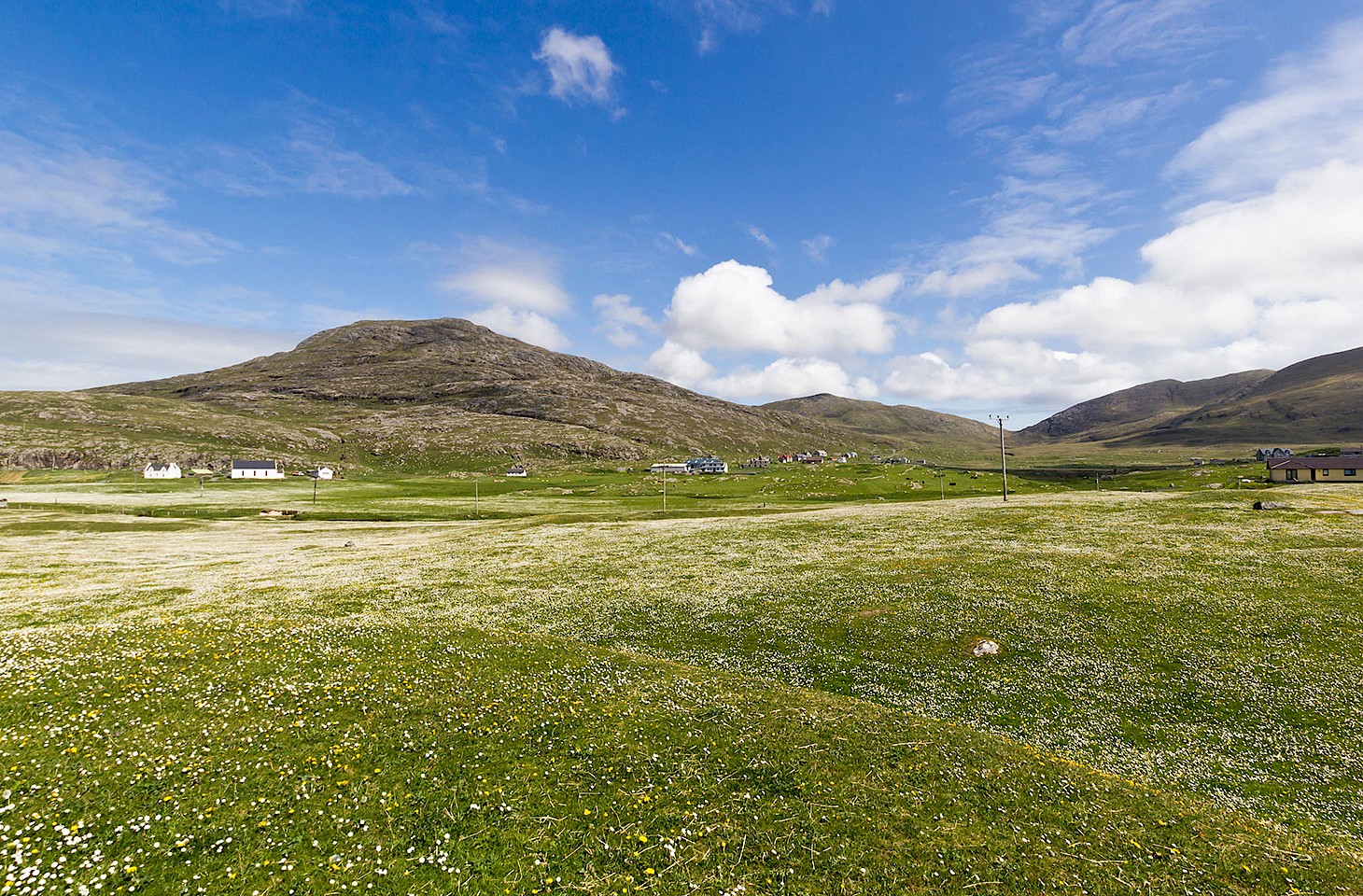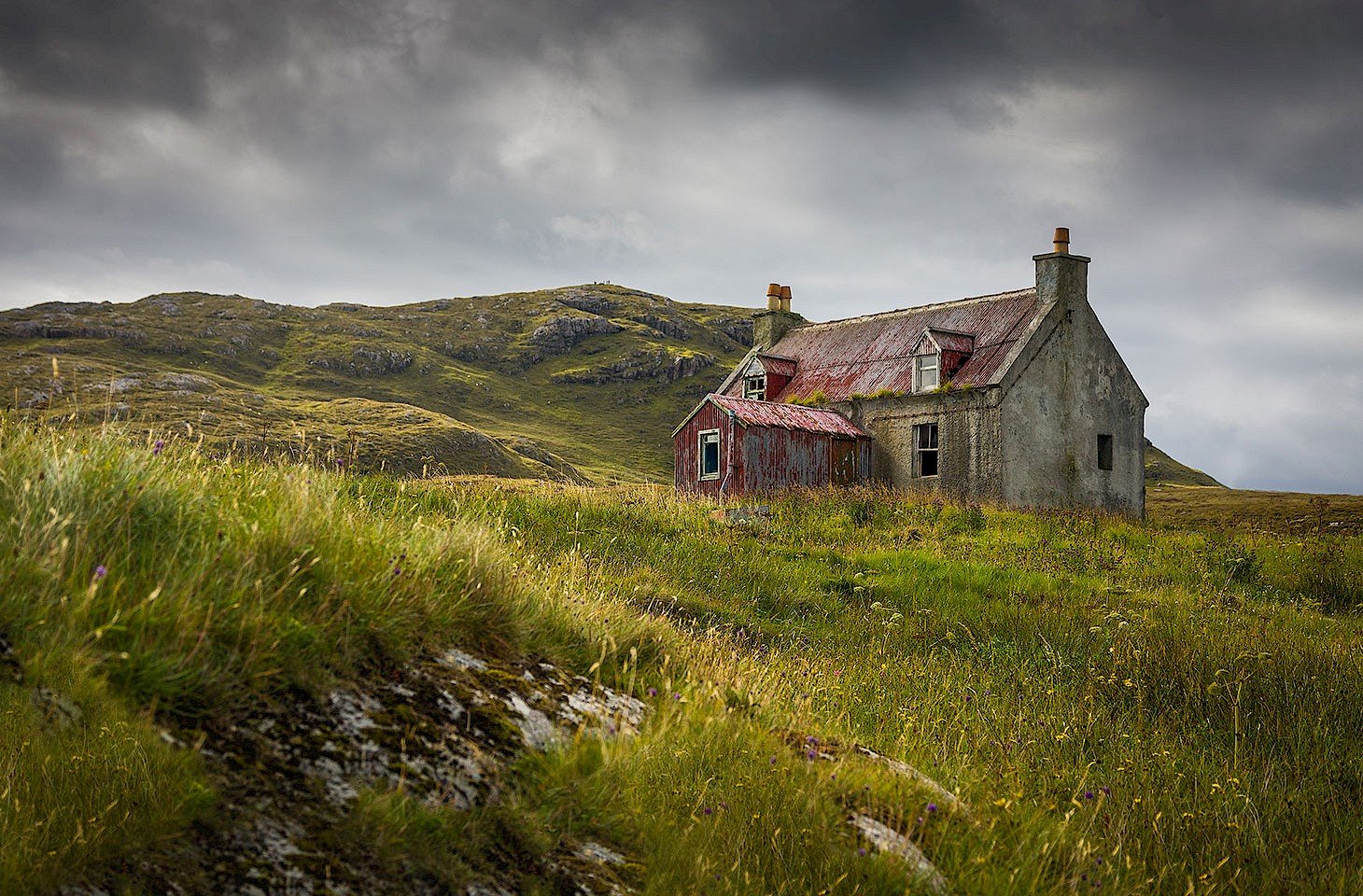Many European cities are absolutely defined by their rivers. Where would Liverpool be without the Mersey? Avignon without the Rhône? Or Budapest without the Danube? Europe's great rivers are nature's highways. Nowadays all too often undervalued, urban rivers were once the arteries that linked cities to their markets and kings to their countries.
Nature may be on the retreat in many European cities, as developers tussle for control over the few remaining open spaces. Yet great urban rivers often remain untamed and refreshing ribbons of nature that meander through the cityscape giving life and meaning to the communities that line their banks. And some great rivers, having been ignored for decades, are springing back to life. A couple of years back, a seven tonne whale somehow took a wrong turn in the North Sea and swam up the Thames to central London. Dolphins, seals and porpoises are all now regular visitors to the Docklands riverfront downstream from London's Tower Bridge.




